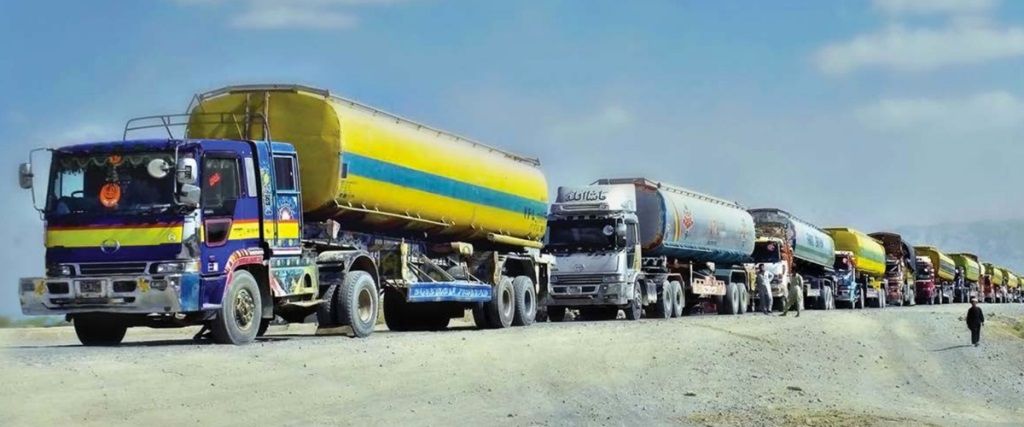NATO-ISAF

1500 OMNICOMM FUEL SENSORS INSTALLED IN FUEL TANKS – PERFORMING IN EXTREME CONDITIONS
ISAF – International Security Assistance Force – is a NATO led international military contingent operating in Afghanistan since 2001. It was initiated to help the Afghan Authorities strengthen the institutions required to fully establish good governance and rule of law promoting human rights. The main role of ISAF is to assist the Afghan government in the establishment of a secure and stable environment. ISAF forces conduct security and stability operations throughout the country together with the Afghan National Security Forces.ORBCOMM is a leading provider of global machine-to-machine (M2M) solutions and offers the only commercial satellite network 100% dedicated to M2M. Orbcomm clients include corporate giants such as Caterpillar Inc., Doosan Infracore America, Hitachi, Hyundai and Volvo.
ISAF TRANSPORTATION USES OMNICOMM TO CONTROL AND MANAGE FUEL
A key goal for any government is to maximize its defensive posture. One critical aspect of that effort is the effective delivery and provisioning of fuel in military zones.For example, in Afghanistan a main objective set by the United States military was the prevention of fuel theft by local civilian drivers who had been contracted by the military to deliver fuel. Despite the fact that transportation of fuel was carried out using a proprietary military fleet, petroleum tanker drivers were hired from amongst the local population. Hiring local personnel was also necessary because of the inherent danger of the work involved: attacks on fuel convoys were not uncommon. The resulting theft of fuel tankers by these attackers, and the occasional explosion of such stolen fuel tankers, caused significant disruption to military fuel delivery schedules.
After a thorough evaluation of several supplier options, the United States Military’s Defense Logistics Agency (DLA) chose the GlobalTrak solution by Orbcomm; this solution was fitted with Omnicomm fuel level sensors LLS 20230. This particular fuel level sensor was chosen to be integrated in the Orbcomm GlobalTrak transport monitoring solution due to the reliable explosion-proof characteristics and the precision accuracy even in harsh environments involving fluctuations of temperature and atmospheric pressure, high resistance to vibration loads and dust.
“We see an ever growing market demand for solutions in the field of transport monitoring and fuel consumption control in such regions as Africa, Latin America and the Middle East, where fuel theft is a very common practice. We hope that our solution will be a major deterrent in this issue in the military and commercial areas around the world and will significantly improve the efficiency of fuel carriers.”
– Marc Eisenberg Chief Executive Officer, ORBCOMM Inc.
It is precisely the explosion-proof characteristics that were ISAF’s main requirement for fuel monitoring equipment.
